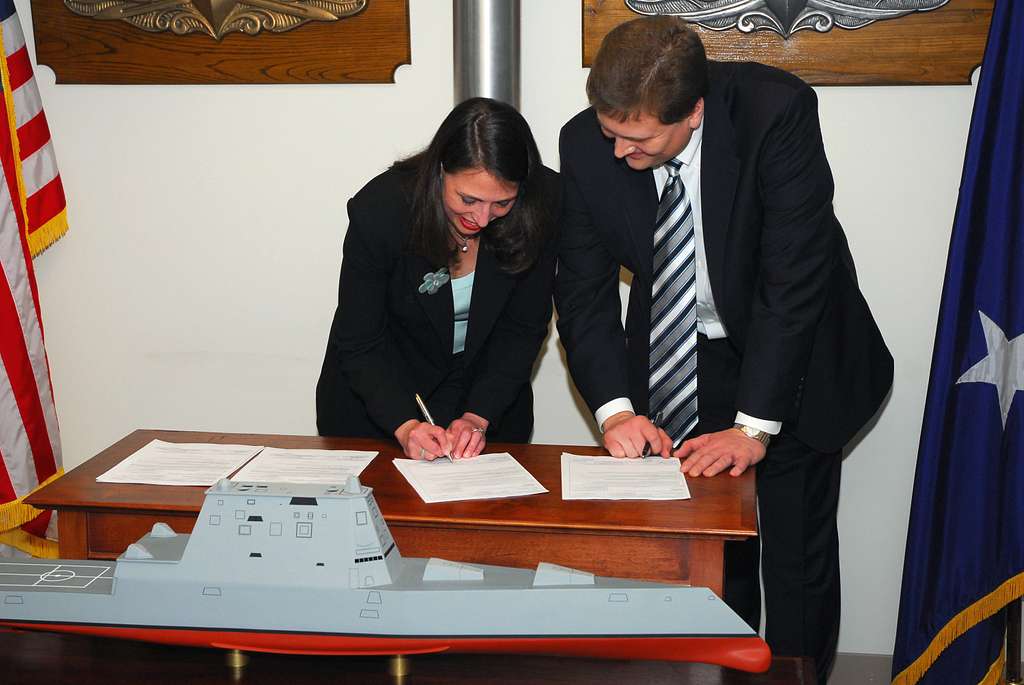Tracking the lifecycle of a contract is much more complicated than many individuals realize. The process begins when the need for a contract is evident, and proceeds until the contract is no longer valid. This means that a contract needs to be tracked at all stages, even when it is being created from an initial contract template.
This process is called contract lifecycle management. It is important to kick off your contract creation process the right way, as this goes a long way to guaranteeing that the rest of the process will be as seamless as possible. As such, you first need to recognize that contracts are an unavoidable part of the business world, and it is important to make sure that they include everything from the start and end of a business relationship, to what important KPIs need to be tracked in order to determine the performance of the contract.
Once the need for the contract has been identified, the contract lifecycle process can begin. This needs to be organized in a way that benefits both parties. Whether a contract eventually comes to benefit your business comes down to organization just as much as the genuine terms of the contract. Without a strong organizational process, fundamental things like compliance checking may easily fall by the wayside. A good organization process will also guarantee that you are able to go into the contract negotiation process armed with all the information necessary to create an equitable contract that benefits both parties. On the other hand, if your business is disorganized, you’ll waste a lot of time and potentially lose out on a lucrative deal that will put you at a disadvantage in subsequent transactions with other party.
In order to get organized, you should consider using a contract management software. This software allows you to automate the contract creation process once you have contract templates in place, track changes in the contract during the negotiation phase, and make sure that the contract follows any laws or compliance regulations that are in place. Over time, these laws and compliance regulations may change, so it is important that you keep up with any major changes in your industry to make sure that your contracts are in compliance. If you fail to do this, your contracts may fall out of compliance and may not be enforceable if a contract breach occurs. You’ll also want to monitor a contract for expiration dates and make sure that the contract lifecycle can be extended beyond the contract renewal date provided that both parties are happy with the agreement as it is.
Contract lifecycle management is a tricky process that needs to be continually tracked in order to make sure that a contract works for both parties. However, by negotiating the contract without issues and keeping things organized, an organization can create better contracts to govern its relationships and increase the efficacy of its working relationships with other parties. This can all be done through the contract lifecycle process, which needs to be followed to make sure that all contracts achieve their desired goals.


